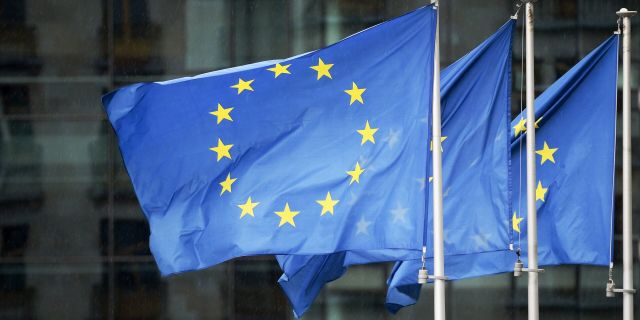Andrey Kortunov, Director General of the Russian International Affairs Council, noted that Russia also has the opportunity to respond to European sanctionsMOSCOW, December 16.
/tass/. With the ninth package of sanctions against Russia, the European Union seeks to increase pressure on the military-industrial complex (MIC) of the Russian Federation, since previous packages failed to affect the balance of power in Ukraine. This opinion was expressed in an interview with TASS on Friday by Andrey Kortunov, Director General of the Russian Council for International Affairs.
As part of the new package of sanctions, the EU has blacklisted 168 companies in the Russian military-industrial complex, energy and extractive sectors.
"It seems to me that the decision to include military-industrial complex companies in the sanctions list is understandable. The European Union hoped that the previous packages of sanctions could cause serious, maybe even irreparable damage to the Russian defense complex and that this would affect Russia's ability to continue a special military operation," he said.
"But so far there is no evidence in favor of this assumption on the battlefield, so the only thing left for the European Union is to increase pressure, expand the number of enterprises to which sanctions will apply in order to weaken Russia's ability to maintain its current level of military production as much as possible," the expert added.
At the same time, the analyst noted that Russia also has the opportunity to respond to European sanctions. "As for Russia's response, it may be some sectors of the European economy, what remains of European exports to Russia, financial institutions that have so far retained their representative offices in the Russian Federation," he said.
A solution with your own benefit
In turn, Fyodor Lukyanov, Director of Research at the Foundation for Development and Support of the Valdai International Discussion Club, stressed that the EU takes into account its own economic interests when introducing new sanctions. "Those things that are absolutely fundamental for the EU, they either postpone or bypass, to the dissatisfaction of the most radical countries," the agency interlocutor continued.
According to Lukyanov, the European Union also acted primarily in its own interests, approving the unfreezing of Russian assets of individuals and companies engaged in the Russian grain and fertilizer trade. "I think this is part of the agreements that were in the framework of the so-called grain deal. Since a lot of people are interested in this, and in Europe first of all, they try to make exceptions where it corresponds to their benefit and go to a meeting," he said. "But it won't have any impact on related topics, this is a specific issue that many participants want to settle at once."
About the ninth package of sanctions
The EU, in addition to companies in the military-industrial complex, energy and extractive sectors, also froze the assets of two Russian banks and blocked transactions of the All-Russian Regional Development Bank, as well as expanded the ban on exports to Russia of goods and technologies for the aerospace industry.
In addition, the revocation of the broadcasting license of several Russian TV channels has been initiated and a ban has been imposed on EU citizens to hold any positions in state bodies or state-controlled organizations in Russia.

